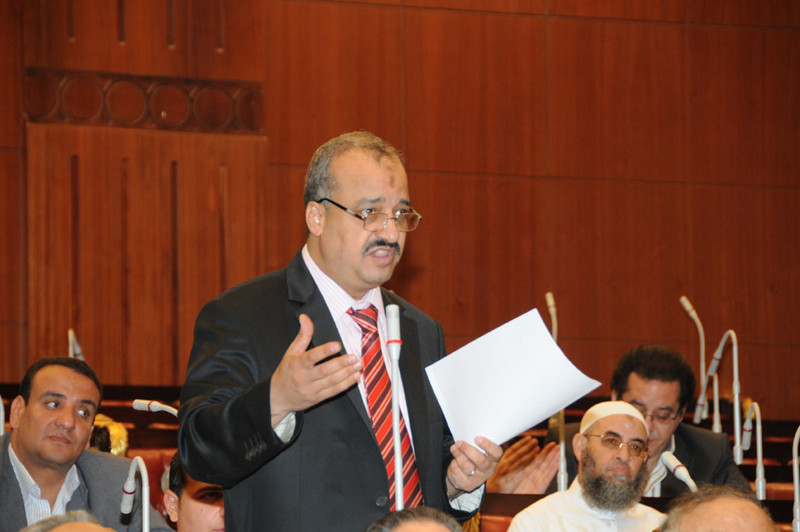TUNIS: Relations between Egypt and the United States have "never been stable," the north African country’s then foreign minister said in an interview Saturday.
"Frankly speaking, (bilateral) relations have never been stable," Ahmed Aboul Gheit told the Tunisian newspaper Le Quotidien.
"In the future Egypt will be a country with a democratically elected president (and) I think that relations between the two countries will be on an equal footing," he added.
He did not elaborate.
Aboul Gheit’s replacement as minister foreign affairs has not yet been announced.
US under-secretary of state for political affairs William Burns last month voiced deep American respect for the largely peaceful way in which Egyptians had overthrown president Hosni Mubarak, one of Washington’s most dependable allies in the Middle East.
But he frankly acknowledged the challenges they face on the road to free and fair elections promised for September this year.
"It’s a historic transition to democracy; it’s a moment when voices and courage and sacrifice and the remarkable peaceful determination of Tahrir Square has been heard around the region and around the world," he said.
"We respect and admire what has been achieved — but we know that the way ahead is not going to be easy," added Burns after meeting Amr Moussa, head of the Cairo-based Arab League.
Asked about the two Iranian warships that passed through the Suez Canal last month en route to Syria, a first since the 1979 Islamic revolution in Iran, Aboul Gheit said that "Egypt is not siding with anybody."
Analysts said it was an attempt by the Islamic republic to project its clout in the region at a time when anti-government protests sweeping the Arab world from Casablanca to Cairo are shifting the regional balance of power.
Aboul Gheit also dismissed a possible takeover of Islamists in his country.
"The weight of these groups in Egyptian society will not allow it to exert any political control," he said.
After Mubarak’s resignation on February 11 "the revolution is still not over," he added. "There is still work to do before we have a democratic civil society."

